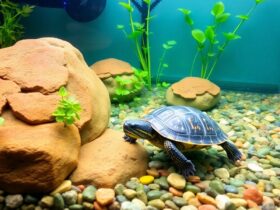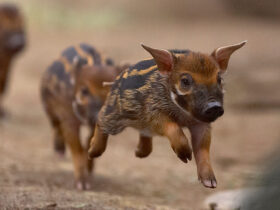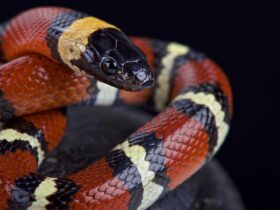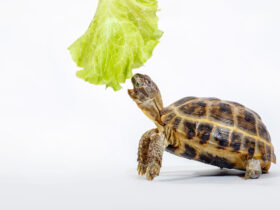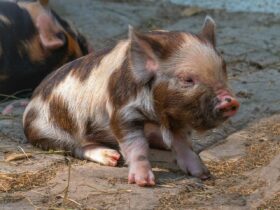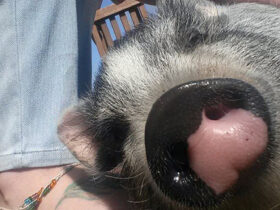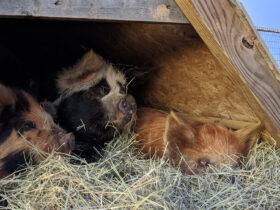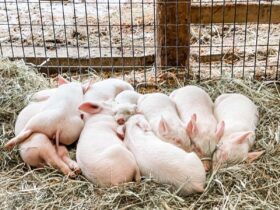The allure of owning a small, adorable pig that stays tiny forever is irresistible to many. However, the truth about the mini pig lifespan is far more complex than what some breeders or sellers might lead you to believe. In this article, we’ll explore the factors that affect the lifespan of mini pigs, debunk common myths, and provide practical advice on how to ensure your pig lives a long, healthy life.
“Teacup” Pigs: A Misleading Label and Shortened Lifespan
One of the most pervasive myths in the world of mini pigs is the concept of the “teacup” pig. This term is often used to describe pigs that are supposedly bred to remain tiny throughout their lives. However, the reality is that “teacup” pigs are not a separate breed, and the methods used to keep them small can be harmful.
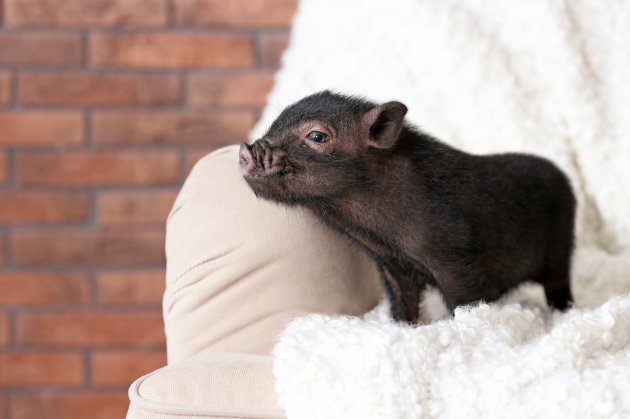
The Truth Behind “Teacup” Pigs
The term “teacup” is nothing more than a marketing ploy. These pigs are typically potbellied pigs that have been subjected to unethical breeding practices, such as:
- Inbreeding: This practice can lead to genetic defects and health issues that drastically shorten a pig’s lifespan.
- Starvation: Some breeders intentionally underfeed the pigs to stunt their growth, which can lead to malnutrition and a host of other health problems.
As a result, the lifespan of a so-called “teacup” pig is often significantly shorter than that of a healthy, well-cared-for potbellied pig. On average, a “teacup” pig may live only around five years, whereas a healthy mini pig can live between 12 to 18 years.
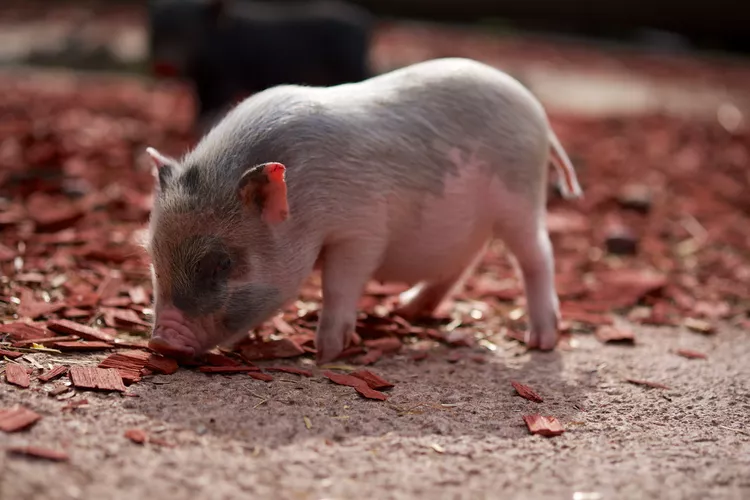
The Consequences of Unethical Breeding
Breeding practices that prioritize size over health can have devastating consequences for the pig’s overall well-being. These pigs are often plagued by:
- Chronic health issues such as organ failure, arthritis, and digestive problems.
- Behavioral issues due to the stress of malnutrition and poor living conditions.
- Shortened lifespans, often by several years, compared to pigs that are bred responsibly.
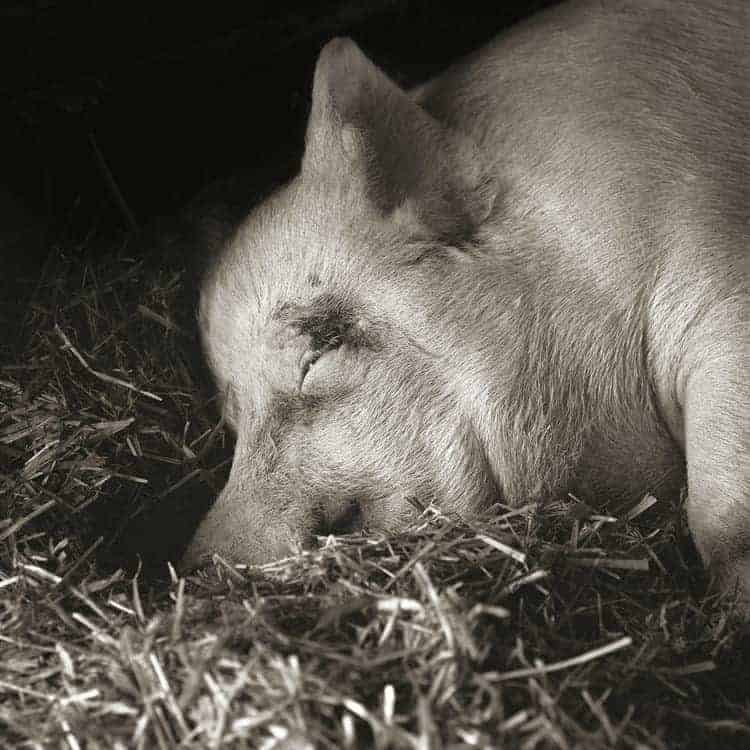
Factors Affecting Mini Pig Lifespan
The lifespan of a mini pig is influenced by several factors, including genetics, diet, exercise, and veterinary care. Understanding these factors can help you provide the best possible care for your pig, ensuring they live a long and healthy life.
Genetics and Breeding Practices
The importance of choosing a reputable breeder cannot be overstated. Genetics play a significant role in determining a pig’s lifespan, and responsible breeders prioritize the health and well-being of their pigs over size. When selecting a pig, look for breeders who:
- Provide transparent information about the pig’s lineage and health history.
- Avoid inbreeding and other harmful practices that can compromise the pig’s longevity.
- Offer proper care and nutrition to their pigs from birth, ensuring they are healthy and well-adjusted.
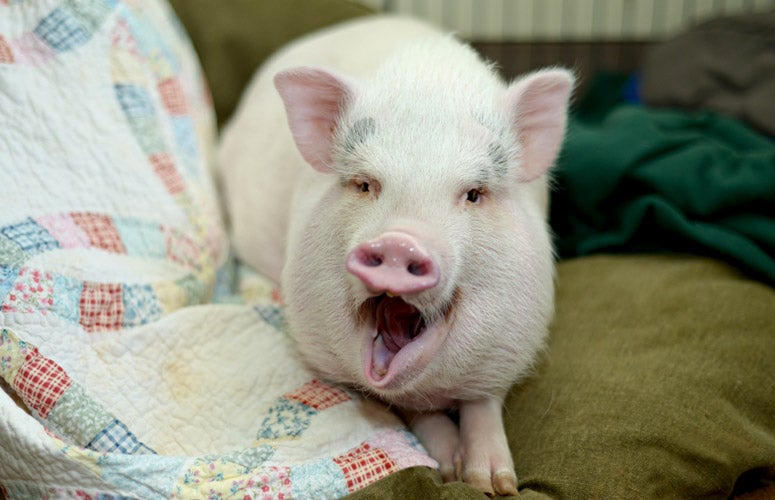
Diet and Nutrition
A balanced diet is essential for maintaining a mini pig’s health and longevity. Overfeeding or feeding the wrong types of food can lead to obesity, which is a common issue in pet pigs and can significantly reduce their lifespan. To ensure your pig stays healthy:
- Feed a diet specifically formulated for mini pigs. These diets are designed to meet their unique nutritional needs.
- Avoid overfeeding. Pigs love to eat, but it’s important to monitor their weight and adjust their food intake accordingly.
- Provide fresh vegetables and fruits as occasional treats, but avoid foods that are high in sugar or fat.
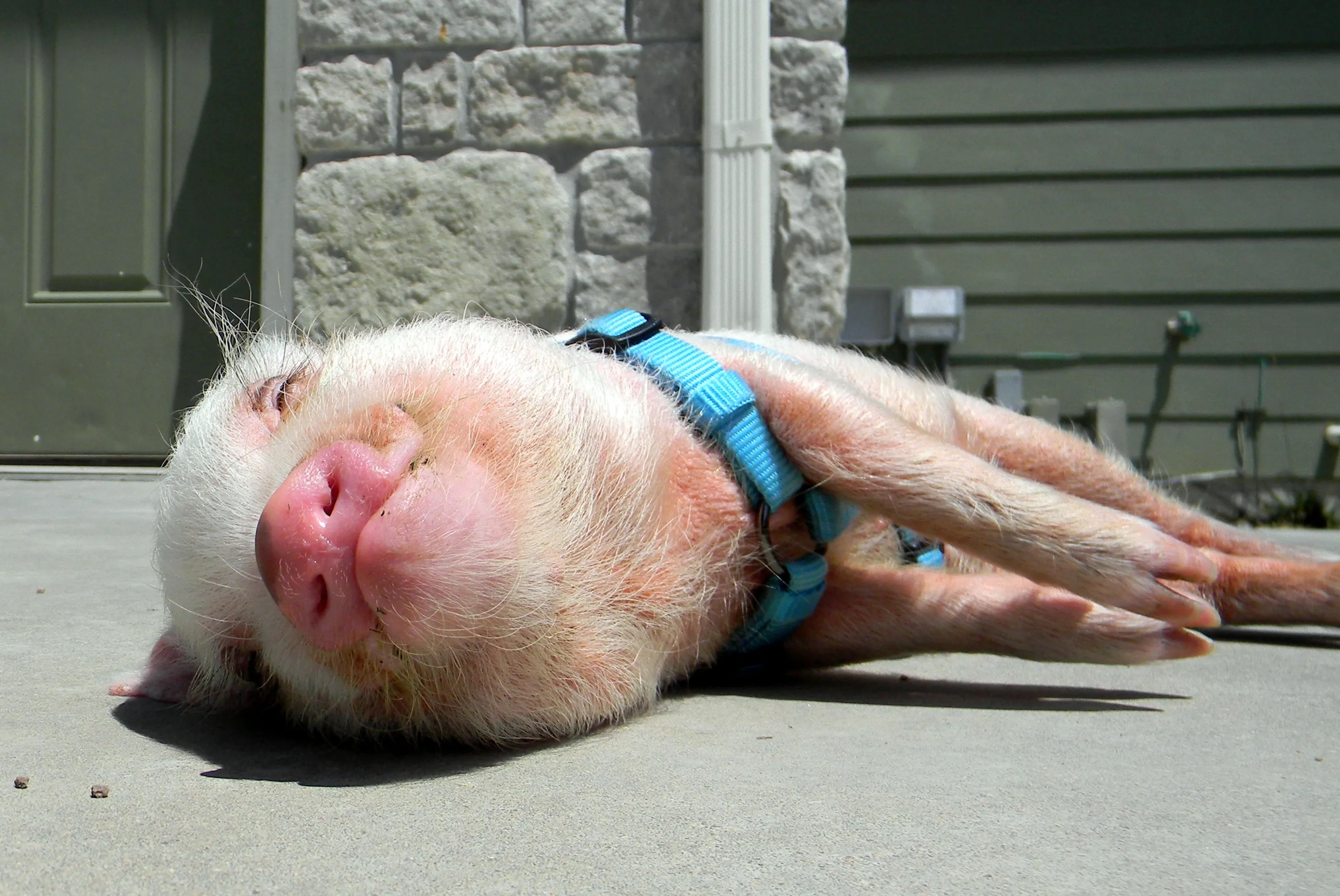
Exercise and Enrichment
Mini pigs are intelligent, active animals that require regular exercise and mental stimulation to thrive. Lack of exercise can lead to obesity and other health problems, so it’s important to:
- Provide daily opportunities for physical activity. This can include walks, playtime, and access to outdoor space where they can root and forage.
- Offer mental enrichment through toys, puzzles, and interaction with their environment. Pigs are highly intelligent and need mental challenges to stay happy and healthy.
- Ensure they have space to roam. Mini pigs thrive when they have access to a yard or other outdoor area where they can explore and engage in natural behaviors.
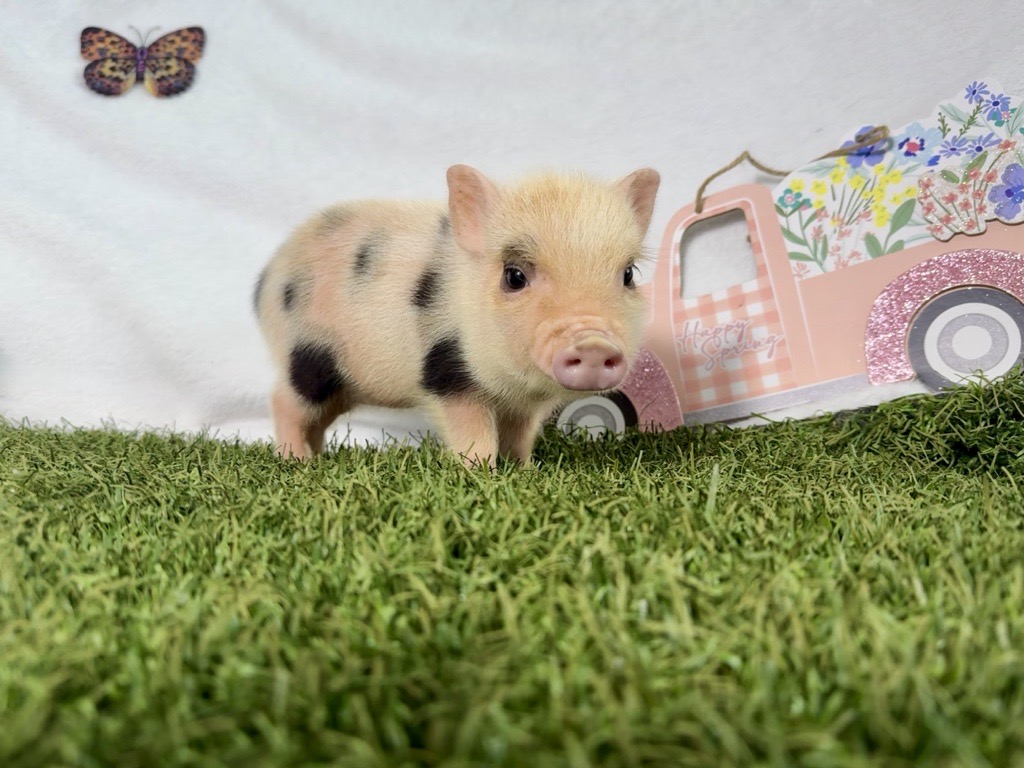
Veterinary Care
Regular veterinary care is crucial for maintaining your mini pig’s health and preventing diseases that can shorten their lifespan. Finding a veterinarian who is experienced in treating pigs is essential. Key aspects of veterinary care include:
- Routine checkups to monitor your pig’s health and catch any potential issues early.
- Vaccinations to protect against common diseases.
- Parasite control to prevent infestations that can cause serious health problems.
- Dental care, as pigs are prone to dental issues that can affect their overall health.
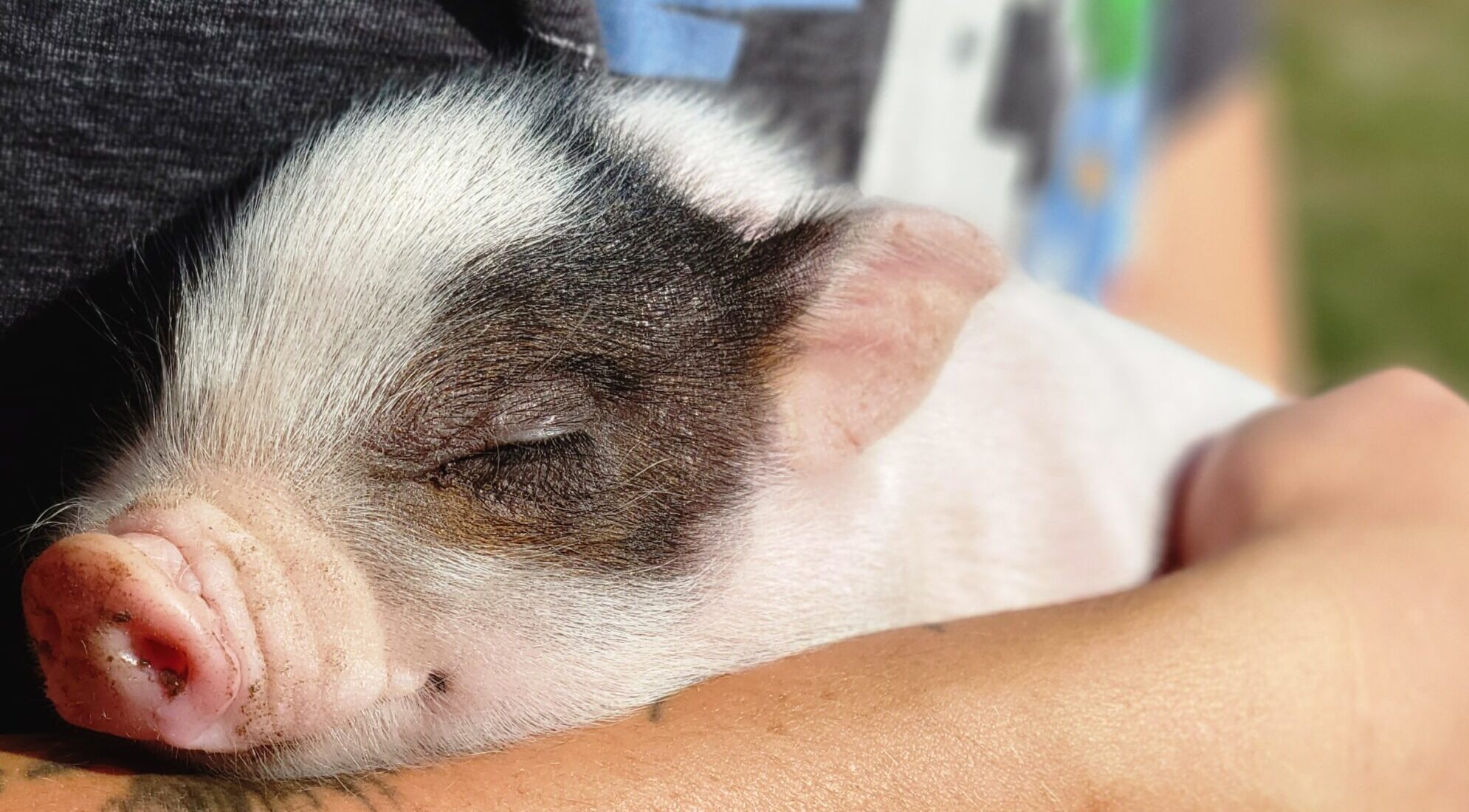
Debunking the Myth of the “Forever Tiny” Pig
One of the most persistent myths about mini pigs is that they will remain small throughout their lives. While mini pigs are smaller than farm pigs, they are not “miniature” in the sense that many people expect. Even with responsible breeding, mini pigs can grow to a considerable size.
The Reality of Mini Pig Size
Mini pigs typically weigh between 70 and 150 pounds when fully grown, although some can weigh even more. Terms like “micro,” “nano,” and “royal dandie” are often used by breeders to suggest that these pigs will stay small, but these terms have no standardized definitions and are often misleading.
- “Micro” and “nano” pigs are marketing terms, not recognized breeds. These labels are often used to sell pigs that will eventually grow much larger than advertised.
- Focus on health, not size. Instead of fixating on how small your pig will stay, it’s more important to ensure they are healthy and well-cared-for. A healthy pig, regardless of size, will have a much better chance of living a long and happy life.
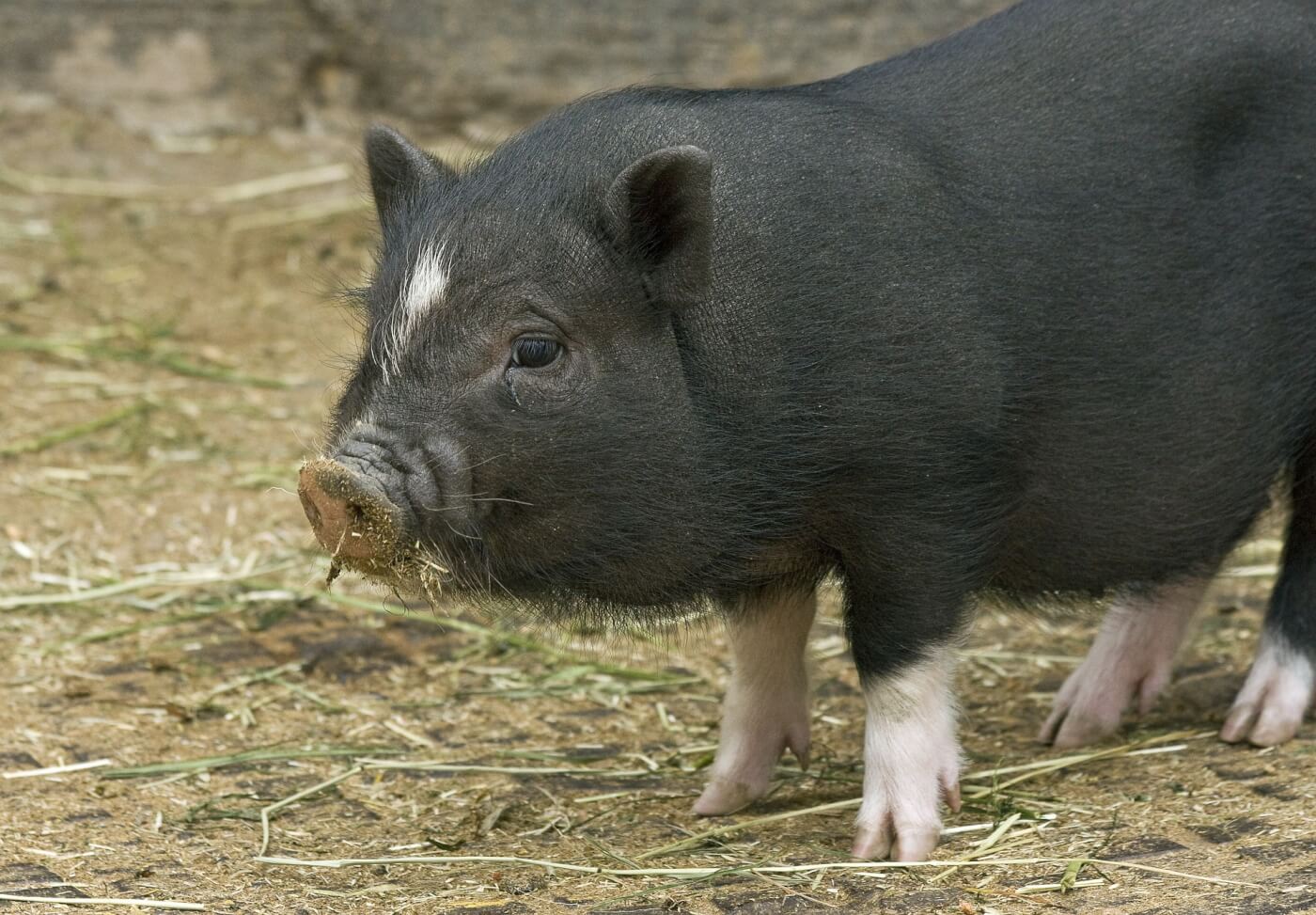
Responsible Ownership: A Commitment to a Long Life
Owning a mini pig is a long-term commitment that requires careful consideration and preparation. Mini pigs can live for over a decade, and their care needs are significant. Before bringing a pig into your home, it’s important to:
- Research local zoning laws to ensure that pig ownership is allowed in your area. Some municipalities have restrictions on keeping pigs as pets.
- Find a veterinarian who is experienced in treating pigs. Not all veterinarians are familiar with the specific needs of mini pigs, so it’s important to locate one who can provide the necessary care.
- Prepare your home and outdoor space to meet your pig’s needs. This includes providing a safe, secure area for them to roam and root, as well as ensuring they have a comfortable place to sleep.
- Understand the financial commitment involved in owning a pig. Pigs require regular veterinary care, a specialized diet, and enrichment activities, all of which can add up over time.
By understanding the realities of mini pig lifespan and committing to responsible ownership, you can provide your pig with the best chance at a long, healthy, and happy life.
FAQ: Mini Pig Lifespan
1. How long do mini pigs typically live?
Mini pigs can live between 12 to 18 years with proper care, including a balanced diet, regular exercise, and routine veterinary checkups.
2. Are “teacup” pigs a real breed?
No, “teacup” pigs are not a separate breed. The term is often used as a marketing tactic to sell pigs that have been inbred or malnourished to keep them small, which can lead to serious health problems and a shorter lifespan.
3. What can I do to ensure my mini pig lives a long life?
To ensure your mini pig lives a long and healthy life, provide them with a balanced diet, regular exercise, mental enrichment, and routine veterinary care. Avoid overfeeding and ensure they have plenty of space to roam and explore.
4. How big do mini pigs get?
Mini pigs typically weigh between 70 and 150 pounds when fully grown, although some may weigh more. Terms like “micro” or “nano” are often misleading and should not be used to determine a pig’s eventual size.
5. What are the most common health issues in mini pigs?
Common health issues in mini pigs include obesity, dental problems, and parasite infestations. Regular veterinary care and a proper diet can help prevent these issues and ensure your pig stays healthy.
